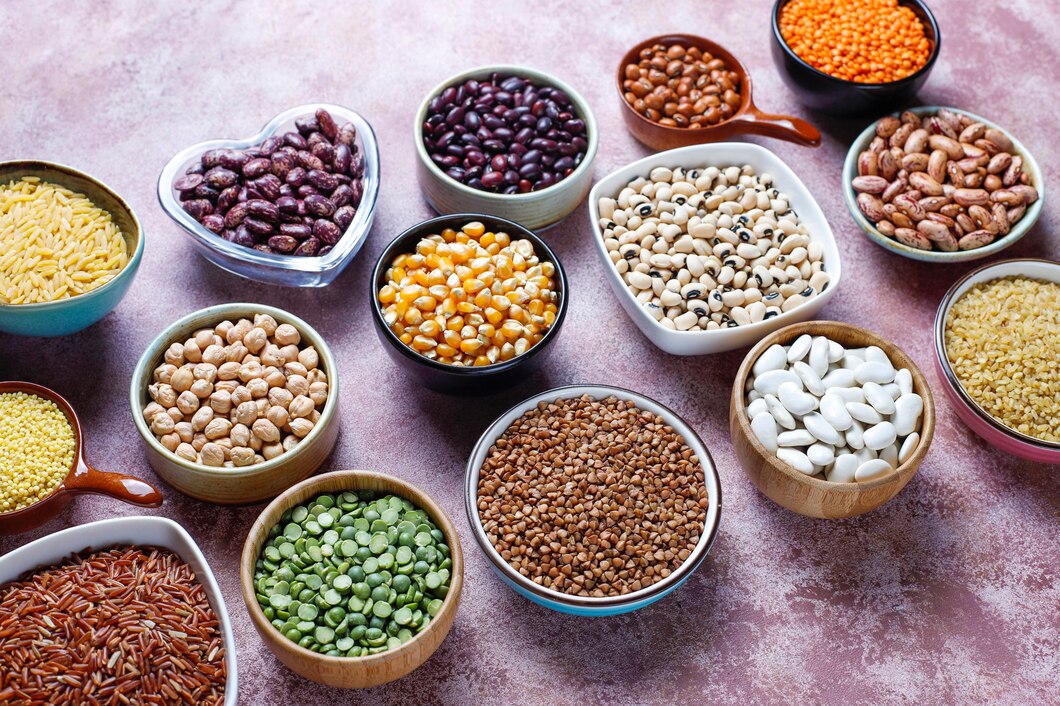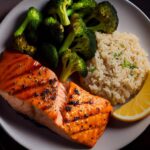Migraines are a debilitating condition that many South Africans struggle with. While there are various triggers such as stress, sleep deprivation, and hormonal changes, diet plays a crucial role in managing this condition. Some foods can help reduce the frequency and severity of migraines, thanks to their nutrient profiles and anti-inflammatory properties. Here are 20 foods that South Africans should consider incorporating into their diet if they suffer from migraines.
1. Leafy Greens (Spinach, Kale)
Leafy greens are rich in magnesium, a mineral that helps relax blood vessels and reduce headache frequency. Magnesium deficiencies have been linked to migraines, making these greens a crucial dietary addition.
2. Avocados
Avocados are packed with healthy fats and magnesium, which can both help in reducing migraine symptoms. They also contain potassium, which helps maintain proper electrolyte balance and reduces dehydration, a common migraine trigger.
3. Fatty Fish (Salmon, Sardines, Mackerel)
Rich in omega-3 fatty acids, fatty fish are anti-inflammatory and help reduce the inflammation associated with migraines. These omega-3s also support brain health and blood flow.
4. Sweet Potatoes
Sweet potatoes are loaded with magnesium, vitamin C, and antioxidants, which help combat oxidative stress, one of the contributors to migraine onset. Their slow-release carbs also help stabilize blood sugar levels.
5. Bananas
Bananas are an excellent source of potassium and magnesium. They can help balance electrolytes and prevent dehydration, one of the leading causes of headaches and migraines.
6. Chickpeas
Chickpeas are a great source of magnesium and fiber. They support a healthy gut, and stable digestion can reduce inflammation and regulate blood sugar levels, minimizing migraine triggers.
7. Almonds
Almonds are packed with magnesium, which can help reduce the severity of migraines. They also provide a healthy dose of riboflavin (vitamin B2), which has been shown to reduce migraine frequency in some people.
8. Ginger
Ginger has natural anti-inflammatory properties and can ease nausea, a common symptom of migraines. It can also help reduce headache intensity when consumed regularly.
9. Pumpkin Seeds
Pumpkin seeds are another excellent source of magnesium, which is essential for reducing migraine attacks. They also provide zinc, which boosts immune function and reduces inflammation.
10. Cucumbers
Cucumbers are hydrating and packed with water, making them a great food for combating dehydration-related migraines. They also provide antioxidants and vitamin K, which help reduce inflammation.
11. Whole Grains (Oats, Brown Rice, Quinoa)
Whole grains provide a steady release of glucose, preventing blood sugar spikes and dips that can trigger migraines. They are also rich in magnesium, fiber, and B-vitamins.
12. Watermelon
Watermelon is hydrating and rich in water, helping combat dehydration, a common migraine trigger. It also contains antioxidants and vitamins that support overall brain health.
13. Cherries
Cherries are rich in antioxidants, particularly anthocyanins, which help reduce inflammation. They also have natural melatonin, which can promote better sleep, often a challenge for migraine sufferers.
14. Turmeric
Turmeric contains curcumin, a powerful anti-inflammatory compound that can help alleviate migraine pain. It is best absorbed when consumed with black pepper and healthy fats.
15. Broccoli
Broccoli is a cruciferous vegetable that is high in magnesium, fiber, and vitamin C. It helps fight inflammation and supports proper blood flow to the brain, reducing the risk of migraines.
16. Dark Chocolate
In moderation, dark chocolate with at least 70% cocoa content can be beneficial for migraines. It contains magnesium and antioxidants that help reduce inflammation and improve mood, reducing the risk of stress-induced headaches.
17. Quinoa
Quinoa is a superfood that is high in magnesium, fiber, and essential amino acids. It supports stable blood sugar levels and provides long-lasting energy, which helps prevent migraines caused by fluctuations in energy levels.
18. Eggs
Eggs are rich in riboflavin (vitamin B2), which is known to reduce the frequency of migraines. They are also an excellent source of protein and support overall brain health.
19. Berries (Blueberries, Strawberries)
Berries are full of antioxidants and anti-inflammatory compounds that help reduce oxidative stress, a contributor to migraines. Their high water content also helps prevent dehydration.
20. Coconut Water
Coconut water is a natural electrolyte booster, replenishing potassium and magnesium levels. It helps hydrate the body, preventing dehydration-related migraines and improving overall electrolyte balance.
Incorporating these nutrient-rich foods into your diet can make a significant difference in managing migraines. Foods rich in magnesium, omega-3 fatty acids, and antioxidants, such as leafy greens, fatty fish, and berries, can help reduce inflammation, prevent dehydration, and stabilize blood sugar levels. It’s also essential to stay hydrated and avoid known food triggers, like processed foods and excess caffeine. With the right diet, migraine sufferers in South Africa can better manage their symptoms and improve their quality of life.








